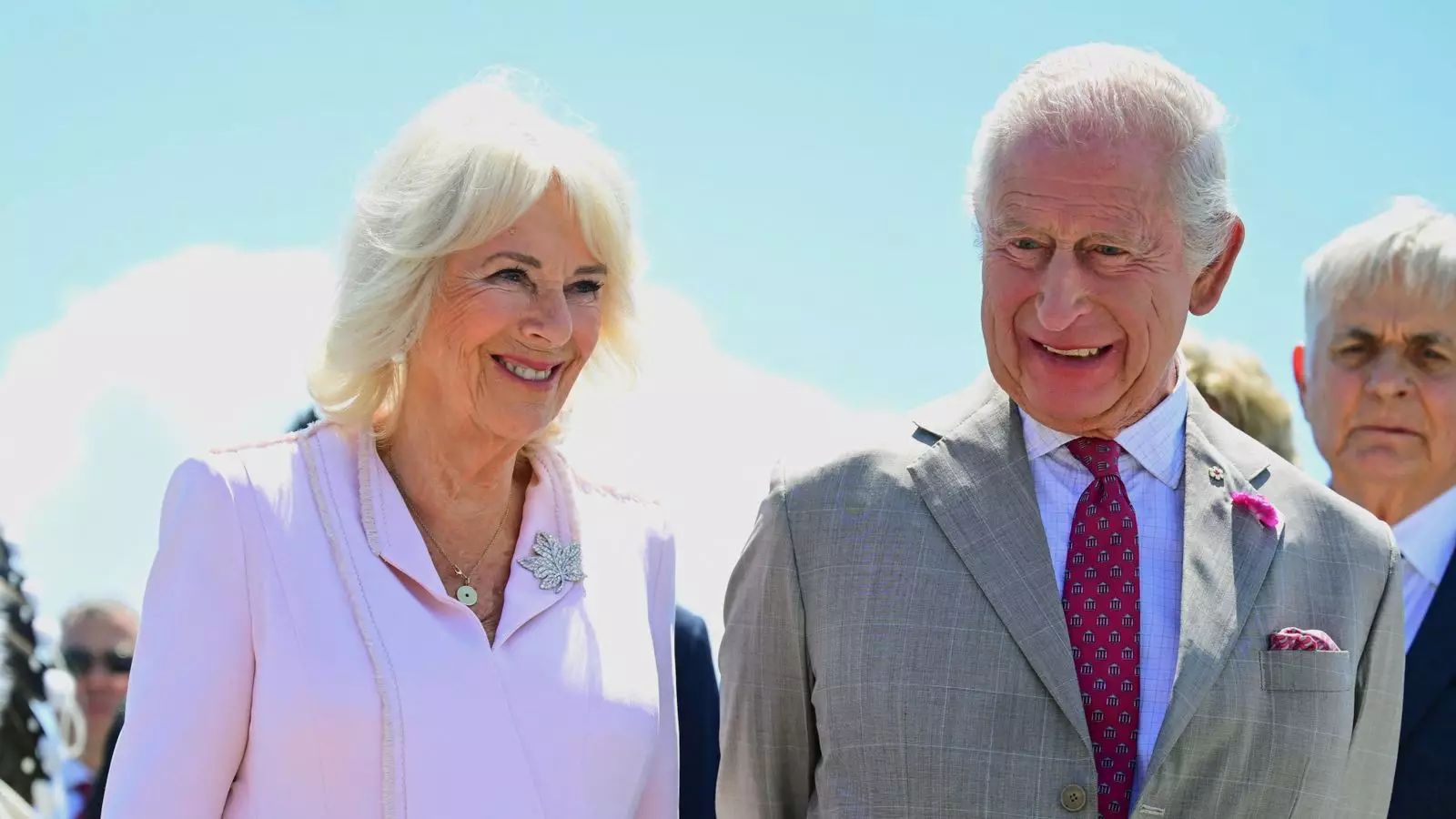In an age where many are grappling with the inflammatory issues of economic disparity, the latest disclosure of gifts bestowed upon the British Royal Family presents a puzzling gap between royal privilege and the everyday reality of the average citizen. The revelations from Buckingham Palace regarding gifts, particularly a lavish Rolls-Royce Cullinan Series II gifted by Bahrain’s King Hamad bin Isa Al Khalifa, paints a portrait of opulence that seems annoyingly detached from the struggles faced by those outside the gilded gates. At $443,575, or approximately £329,545, this vehicle enters royal service during a significant time—shortly before King Charles III’s coronation—but one must wonder: is this truly reflective of the contemporary British ethos?
Personal Luxuries, Collective Wealth
The records disclose not just material wealth, but also the symbolic gestures in the form of gifts from world leaders and foreign dignitaries, each evoking a sense of reverence yet reinforcing the age-old structure of inequality. Gifts such as handcrafted indigenous artifacts and framed documents carry weighty historical significance, but when juxtaposed with the reality of life for countless Britons—many of whom are scrambling to afford basic necessities—their allure feels somewhat superficial. The royal gift-giving traditions, with their opulent packages and princely provenance, serve to remind us that the monarchy exists within an insulated realm, far removed from the pressing issues of cost-of-living crises and economic stagnation.
Royal Gifts: A Double-Edged Sword
While one might appreciate the ceremonial nature of these gifts, the inherent irony does not escape scrutiny. Although the Royals do not pay tax on these gifts or consider them personal property, the implications are troubling. The idea that gifts, regardless of their cultural or historical value, are eventually stored in a Royal Collection—a repository for future generations—raises questions about ownership and the reality of public versus private wealth. Only a fraction of the nation truly benefits from these treasures, which inevitably become symbolic relics of an outdated institution, while common citizens continue to feel the ice-cold grip of inflation squeezing their wallets.
The Juxtaposition of Tradition and Modern Reality
Tradition often bears an outdated resemblance to bygone eras, and time-honored customs frequently stand in stark contrast to the principles of equity and inclusivity that society now champions. While the records highlight the ceremonial importance of royal gifts, they also underscore a schism in public sentiment regarding the Royal Family’s relevance in contemporary Britain. The populace may appreciate historical artifacts and the monarchy’s role in national identity, but many are also critically aware of how these privileges can mar the image of a nation striving for progress.
Our global reality is fraught with challenges that invite introspection and reform; the traditional pomp enveloping royal gifts may render them almost laughable to those whose daily existence is filled with pressing hardships. It is a legacy of privilege crying out for evolution—proving that the pages of royal history must not just reflect an era of grandeur, but should also resonate with a narrative of shared sacrifice and responsibility.

